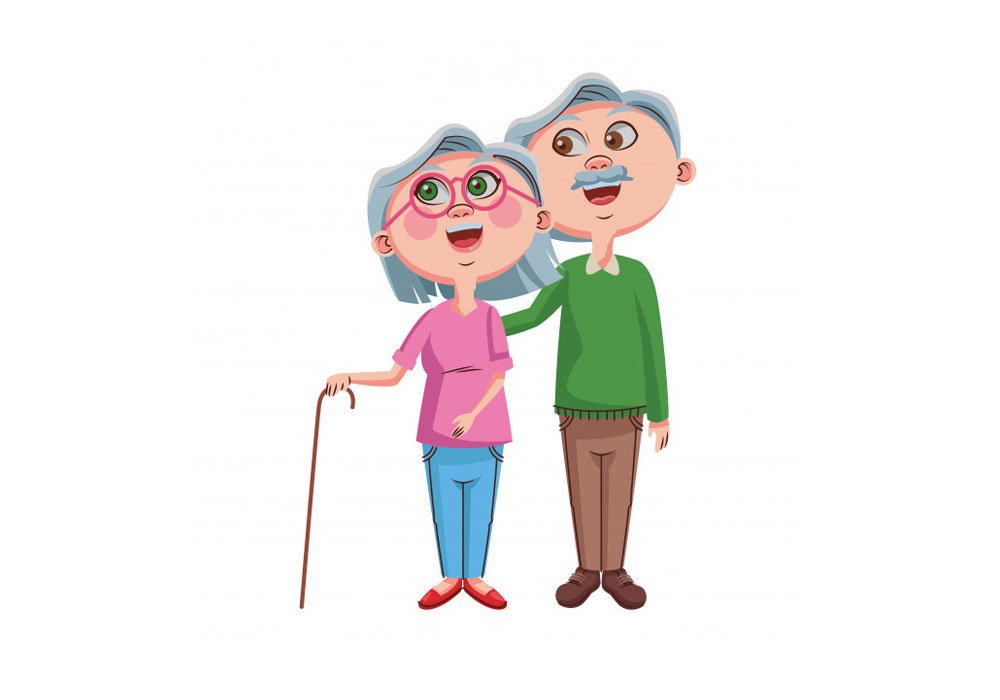Approximately, 350 million people worldwide have arthritis. Arthritis affects more than 180 million people in India. Its prevalence is higher than that of well-known diseases like AIDS, cancer and diabetes. Around 14% of the Indian population sees a doctor every year for arthritis.
So, what exactly is arthritis? The term ‘arthritis’ is used generally to refer to many different conditions which affects the joints. Arthritis is the inflammation of one or more joints, characterized by pain, stiffness, swelling etc of the joints.
Let us look at only the most common kinds of arthritis. They are osteoarthritis, rheumatoid arthritis and gout. Osteoarthritis is the most common form of arthritis and is seen in the elderly. It is a degenerative type of arthritis. In osteoarthritis, wear and tear of the cartilage around the bones of the joint causes the bones to grind against each other, causing the pain and restricted movement. Wear and tear can take years to develop or could also be due to injury to the joint. Rheumatoid arthritis is an autoimmune condition where the body forms antibodies against itself which attacks the lining of the joint capsule causing inflammation and swelling of the joint. Gout is a painful condition affecting joints like the big toe, wrist, knee etc. It is caused by excessive level of uric acid in the body which deposits as crystals in the joints causing severe pain and swelling.
Symptoms of arthritis depend on the type of arthritis and can include pain, swelling, stiffness, reduced range of motion of the joint, redness etc.
How can arthritis be managed? Let us divide this into 2 segments – one, what the patient can do for arthritis, and two, how the bystanders/family members can help the patient manage it.
Tips for the patient to follow:
- Stay active. It might not seem the right thing to do when you are in pain, but exercise is beneficial not only for your joints, but for your whole body. It strengthens the muscles around your painful joints, increases the flexibility and range of motion of the joint and helps with your fatigue also. It will also help with weight loss, which, in turn will help with the painful joints.
- Eat a healthy and balanced diet which is rich in antioxidants, fibre and calcium, but low in fat, salt and sugar. In gout, avoid food rich in purine. Avoid alcohol.
- Take adequate rest. Do not strain or drain yourself out. Take breaks in between your chores. Don’t hesitate to ask for help when needed.
- Hot/cold fomentation. Heating pads and ice packs can be used in combination also. Consult your doctor and find out what will work for your condition.
- Physiotherapy and using walking aids or devices like braces, splints, shoe inserts etc which provides support to the inflamed joints and takes the pressure off the joints, reducing the pain.
- Medical treatment including oral medicines and application of ointments/oils etc.
Tips for the family/caregivers to follow:
- Emotional support. Arthritis can significantly affect the patient’s mobility and ability to do everyday chores. This can cause a considerable amount of stress for the caregivers/family members of an arthritis patient. Also, dealing with the emotional and physical effects of decreased mobility drains the patient out. In addition to it, the worry that they may be becoming a burden on their family or caregivers also takes a toll on them. Talk to them whenever you can. Spend quality time with them.
- Stay informed about arthritis. Communicate with the doctor who is treating the patient.
- Make your home arthritis-friendly; for eg., replace the Indian commode with a western one, use highchairs.
- Support the patient’s dietary choices.
- Walk at their pace when you are with them, and do not forget to talk to them when walking!
- Don’t ask, just help!
Louise Hay said the following in her book, YOU CAN HEAL YOUR LIFE:
“Arthritis is a dis-ease that comes from a constant pattern of criticism. First of all, criticism of the self, and then criticism of other people. Arthritic people often attract a lot of criticism because it is their pattern to criticize. They are cursed with “perfectionism”, the need to be perfect at all times in every situation.
Life is short. Be happy. Love your body. Don’t let arthritis ruin your and your dear one’s life.
Dr. Premsudha PV

